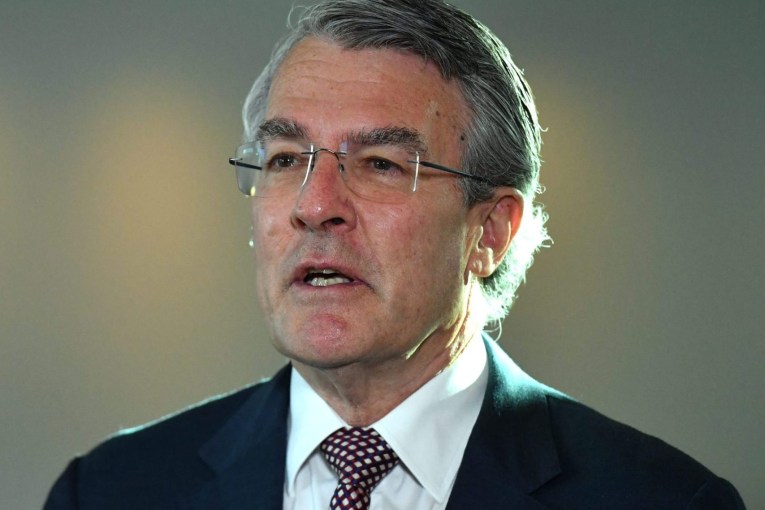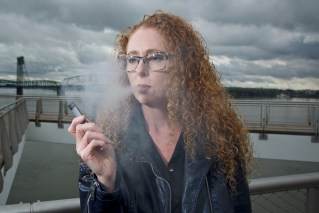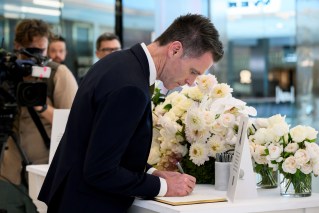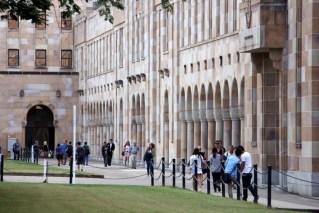Two months into lockdown, NSW’s grim reality – next two months will be worse
After more deaths, and another 642 cases, NSW Premier Gladys Berejiklian today unveiled the “final measures” in the state’s public health response.
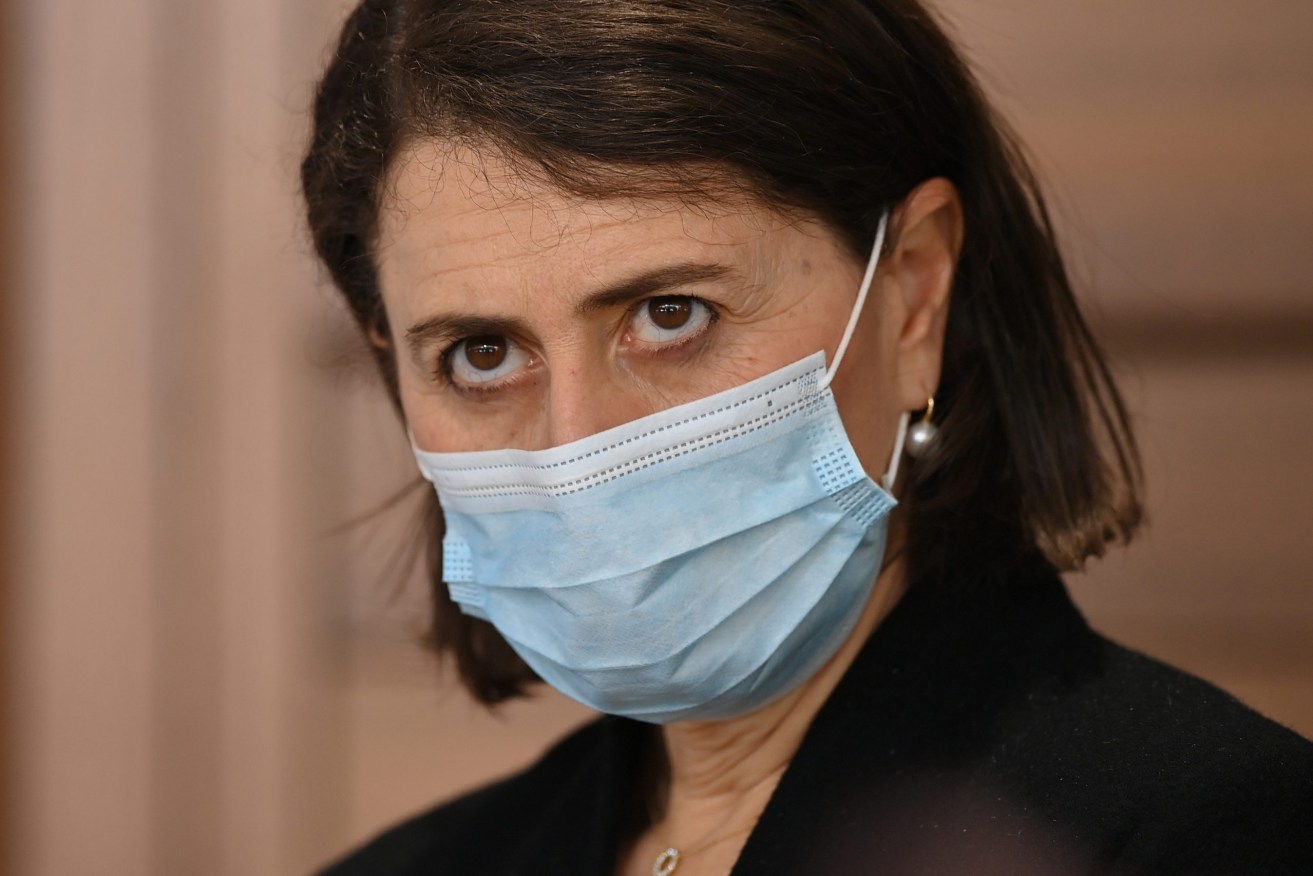
NSW Premier Gladys Berejiklian looks on during a press conference in Sydney.. (AAP Image/Joel Carrett)
Having long insisted the existing lockdown and restrictions were appropriate, Berejiklian today conceded a lack of compliance, and recent surge in cases, required a move to “final measures”.
Under the changes, Greater Sydney will be under lockdown until the end of September at least, masks will be mandatory indoors and outdoors across NSW, and parts of western Sydney will be subject to curfews from 9pm to 5am.
Childcare and disability services workers will be required to be vaccinated by August 30 – there are still problems in aged care, with none of the four elderly people who died in NSW over the past 24 hours fully vaccinated – and further changes will be announced next week in relation to schools.
“Delta doesn’t leave any room for error,” Berejiklian said.
“For your own health and safety going forward, we need to make these difficult decisions.”
Chief Health Officer Kerry Chant backed the move, and noted that the virus was still spreading in non-essential workplaces and late night parties, as people avoided following the rules meant to keep the community safe.
There are now 470 cases in hospital, including 80 people in intensive care, the vast majority of whom have not been fully vaccinated.
“I understand that this is going to be so hard for everyone across New South Wales for the next four to six weeks,” Chant said.
“But I do not want to be standing here every day, announcing these high rates of hospitalisations, and these deaths, every one of these deaths is someone’s mother, father, grandmother, grandfather.”
As the virus spreads to under-resourced regions, particularly around Dubbo, a permit system is being introduced for anyone wanting to leave Greater Sydney.
While NSW itself has become increasingly isolated from the rest of Australia, as border are closed to hotspots, the virus has already spread to other states. Queensland remains the most open jurisdiction in the country, but is again tightening its border with NSW.
In Victoria, a police officer and a resident in the regional city of Shepparton are among 55 new locally acquired cases, more than half of whom were infectious in the community.
The Australian Capital Territory today reported another 12 cases, in its first outbreak in over a year.
Prime Minister Scott Morrison today acknowledged the increasing number of cases, and tougher restrictions, would have a toll on the mental health of many Australians, and encouraged them to seek support in such difficult times.
“Delta may have changed the game, but it hasn’t changed the character of Australians and our resolved to fight and defeat this,” Morrison said.
NSW Deputy Chief Health Officer Marianne Gale on Thursday said the “vast majority” of positive cases were doing the right thing.
“What we are seeing is that transmission occurs so easily in households and… those people that provide essential services, who worked in aged care, work in disability, who work in healthcare settings, who work in factors, work in shopping centres,” she said
“And so, transmission is happening between workplaces and households.”
But the union representing manufacturing workers says health authorities have failed to listen to its concerns.
AMWU NSW & ACT Branch Acting state Secretary Robyn Fortescue said workers were telling the union that employers are cutting corners when it comes preventing and responding to infections.
NSW Health is allowing the employer to identify and contact close contacts, she said.
“There is no consultation whatsoever happening with the affected workers, who are best-placed to identify the risks and transmission chains on the ground,” she said.
The AMWU wants the government to involve workers in the response to workplace infections, bring unions on board to a committee to address workplace infection risks, and set up a hotline where workers can call NSW Health if their employer is doing the wrong thing.
-With AAP
